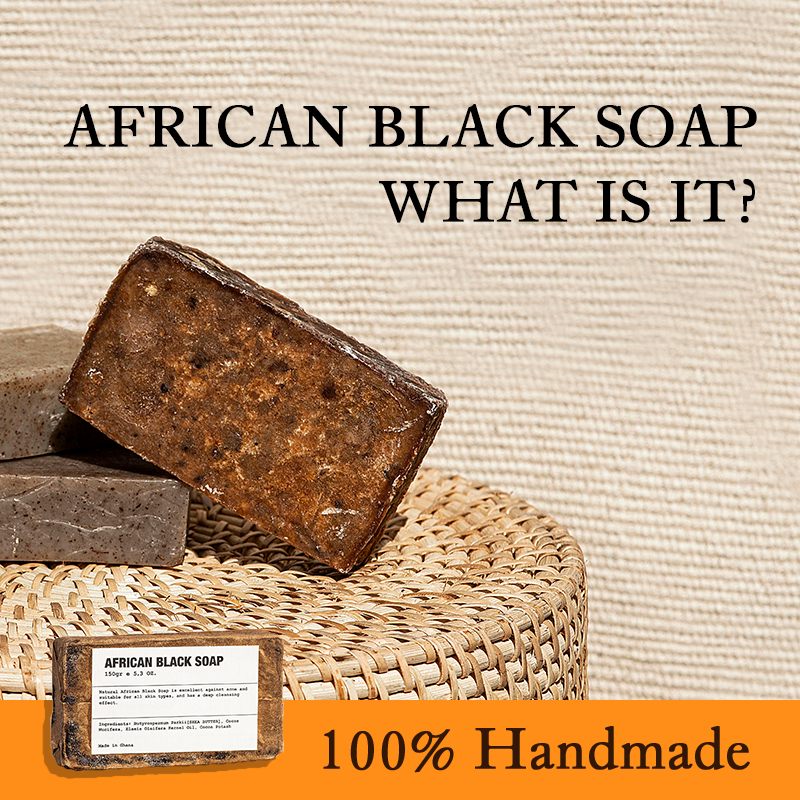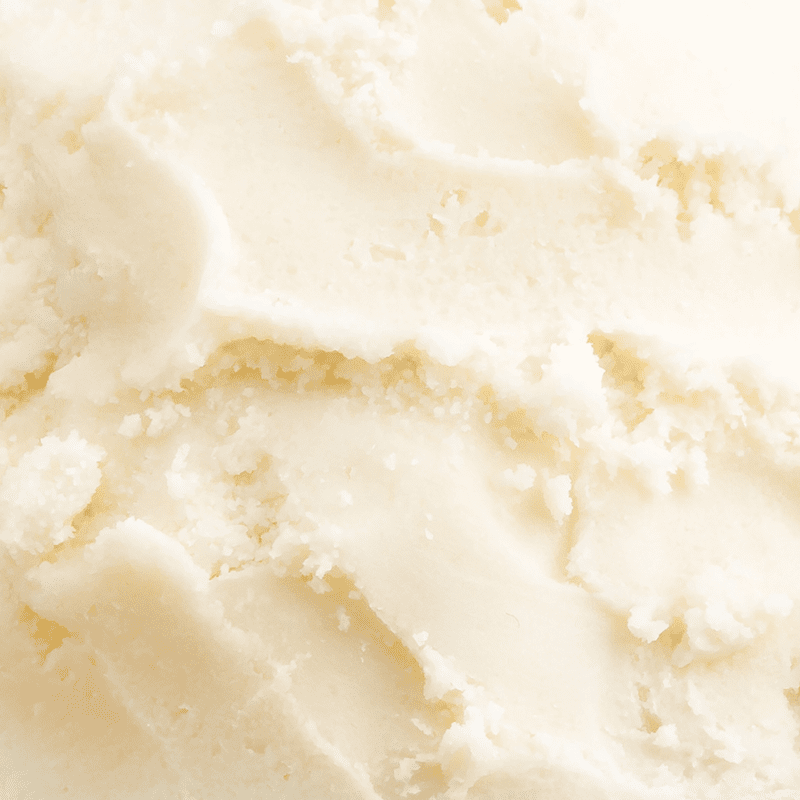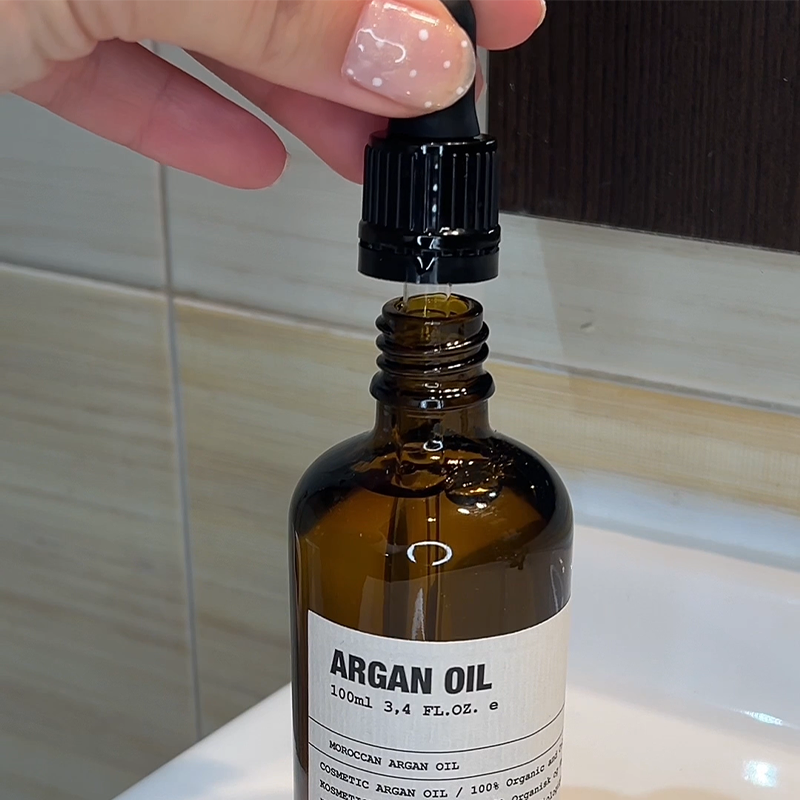Is Castor oil good for your hair?
Castor oil, a natural oil that has been used for centuries, has caught the attention of hair enthusiasts around the world. But what makes this oil so special for your hair? Whether you are struggling with dryness, hair loss, or simply looking for shiny locks, castor oil promises a range of benefits. It contains nutrients like vitamin E, fatty acids, and antioxidants that can improve the health of your hair and scalp. In this article, we dive deeper into the benefits of castor oil for your hair, and discover how you can use it effectively. Let yourself be surprised by the natural power of this oil and how it can contribute to healthier hair growth and a radiant appearance!
What is castor oil?
Castor oil, also known as wonder oil, is derived from the seeds of the Ricinus communis plant. This oil has a long history dating back to ancient Egyptian civilizations, where it was used for various medicinal and cosmetic purposes. What makes this oil unique is its thick and viscous texture, rich in ricinoleic acid, a fatty acid that makes up about 90% of the oil. This acid content gives castor oil its distinctive properties and makes it highly effective for both skin and hair care.
The production of castor oil starts with the gathering of the seeds from the castor plant. These seeds are then cold-pressed to extract the oil. The cold pressing process ensures that most of the nutrients are retained, resulting in a potent and nourishing oil. Castor oil is clear to light yellow in color and has a light nutty scent. This oil is often used in its pure form but can also be blended with other oils to maximize specific benefits.
In addition to ricinoleic acid, castor oil also contains other valuable components such as vitamin E, omega-6 and omega-9 fatty acids, as well as various minerals. This combination of nutrients makes castor oil a versatile and powerful natural remedy for various hair problems. Whether you are dealing with dry, damaged hair or looking for a way to stimulate hair growth, castor oil can be a valuable addition to your hair care routine.
How to use castor oil for optimal results
The use of castor oil for hair care requires some knowledge and technique to achieve the best results. One of the most popular methods is the 'hot oil treatment.' In this, you heat a small amount of castor oil before applying it to your hair and scalp. Heating helps the oil penetrate the hair cuticles and scalp better, allowing the nutrients to penetrate deeper and work more effectively. Be sure that the oil is warm, but not too hot to avoid burns.
Another effective way to use castor oil is by mixing it with other hair-friendly oils such as coconut oil, argan oil, or jojoba oil. This not only helps dilute the thick texture of castor oil but also adds extra benefits to your hair care routine. Mix the oils well and apply the mixture evenly to your hair and scalp. Gently massage in circular motions to stimulate blood circulation, which promotes the absorption of the nutrients.
For those wanting to address specific hair issues, such as hair loss or dandruff, castor oil can be combined with essential oils like tea tree oil or peppermint oil. These oils have antimicrobial and anti-inflammatory properties that can help fight fungal infections and soothe the scalp. Add a few drops of essential oil to the castor oil and apply the mixture to the problem areas. Leave it on for at least 30 minutes to an hour before rinsing it out with a mild shampoo.
The benefits of castor oil for hair
One of the most praised benefits of castor oil is its ability to stimulate hair growth. The high content of ricinoleic acid acts as a natural humectant, meaning it attracts and retains moisture in the hair and scalp. This helps fight dryness and creates a healthy environment for your hair to grow. Additionally, the massaging motion when applying the oil can improve blood circulation to the hair follicles, further supporting growth.
Castor oil is also known for its ability to reduce hair loss. Regular use of castor oil can help strengthen hair follicles and reduce hair breakage. It nourishes the hair roots with essential nutrients needed for healthy hair growth. This makes it an excellent choice for people dealing with thinning hair or excessive hair loss. Moreover, the antibacterial and antifungal properties of castor oil can help fight infections that may cause hair loss.
In addition to the benefits for hair growth and reducing hair loss, castor oil can also improve the overall health and shine of your hair. The oil acts as a natural conditioner, making your hair softer and shinier. It helps prevent split ends and can even repair damaged hair. Regular use of castor oil can protect your hair from damage caused by heat, chemicals, and environmental factors, making it look healthier and more vibrant.
How castor oil works on hair growth
The effect of castor oil on hair growth is primarily due to its high content of ricinoleic acid. This fatty acid has strong anti-inflammatory and antibacterial properties, which can help fight conditions like dandruff and scalp infections. A healthy scalp is essential for optimal hair growth, and by addressing these issues, castor oil creates an ideal environment for your hair to thrive.
In addition, ricinoleic acid has a moisturizing effect, which helps keep the hair and scalp well-hydrated. This is important because a dry scalp can lead to flaking and itching, which in turn can cause hair loss. By retaining moisture, castor oil helps prevent these problems and improves the overall health of your scalp. Applying the oil with a gentle massage can also stimulate blood flow to the hair follicles, which is essential for the delivery of nutrients and oxygen that promote hair growth.
Another mechanism through which castor oil can promote hair growth is its antioxidant effect. The oil contains vitamin E, a powerful antioxidant that helps neutralize free radicals that can damage hair cells. By fighting these harmful substances, castor oil protects the hair follicles and prevents premature aging and damage. This ensures that your hair can grow stronger and healthier, with less risk of breakage and thinning.
Is castor oil the right choice for your hair?
Although castor oil offers many benefits, it's important to consider whether it's the right choice for your specific hair needs and conditions. People with sensitive skin or allergies should be cautious when using new products, including castor oil. It's always a good idea to perform a patch test before applying the oil to your entire scalp and hair. Apply a small amount of oil to the inside of your elbow and wait 24 hours to see if any reaction occurs.
Additionally, the thick texture of castor oil can be a challenge for some people when applying and rinsing it out. If you find the oil too heavy for your hair, consider mixing it with lighter oils or using it as a pre-shampoo treatment. This can help to reap the benefits of the oil without making your hair feel too heavy or greasy. Finding the right balance and frequency of use may require some experimentation.
Finally, while castor oil offers promising benefits, it's important to have realistic expectations. Hair growth and repair take time and consistency. While some people may see quick results, others may take longer to notice noticeable changes. It's essential to be patient and use the oil regularly to achieve the best results. Combine the use of castor oil with a healthy lifestyle and hair care routine for optimal results.



